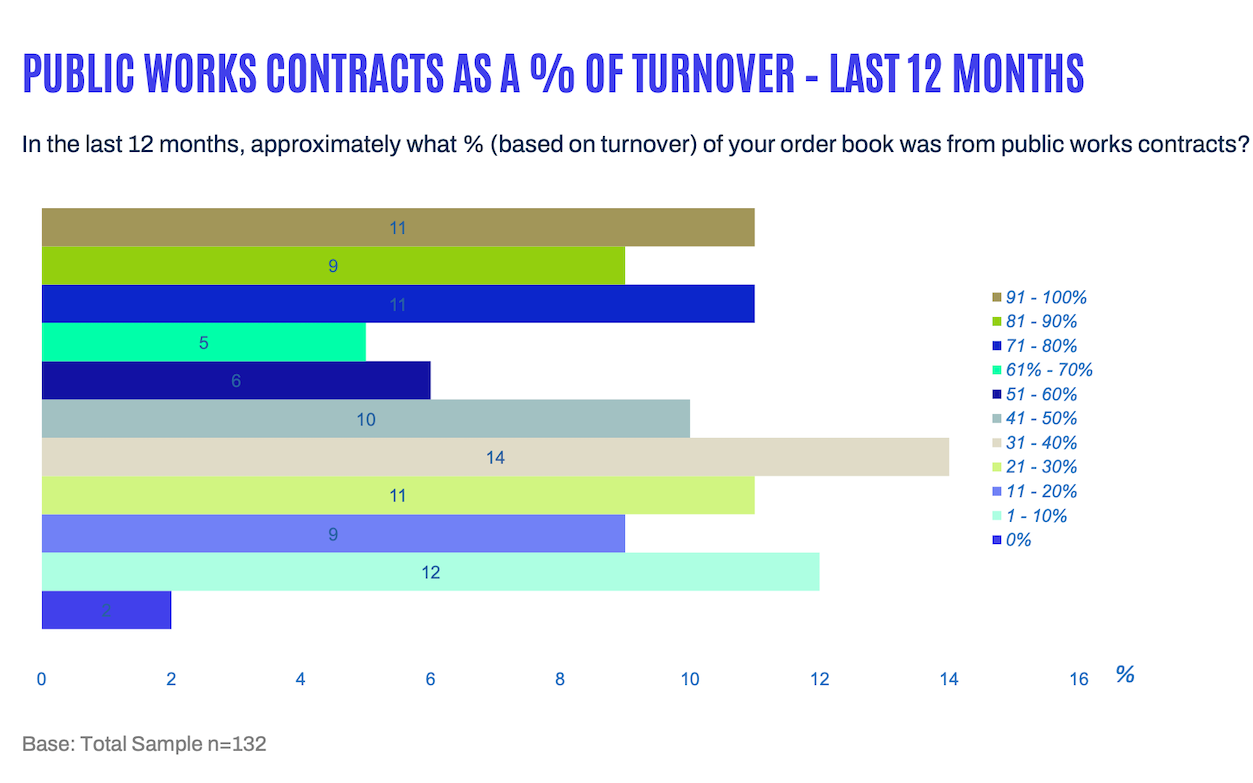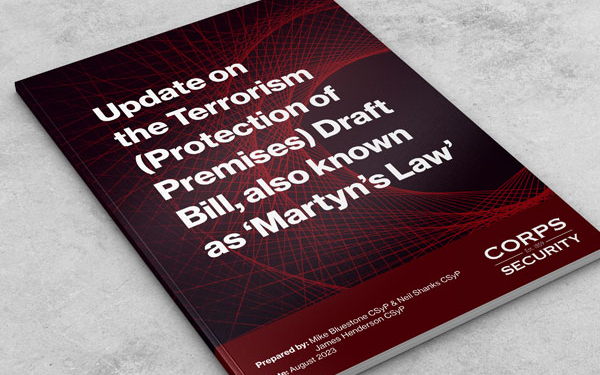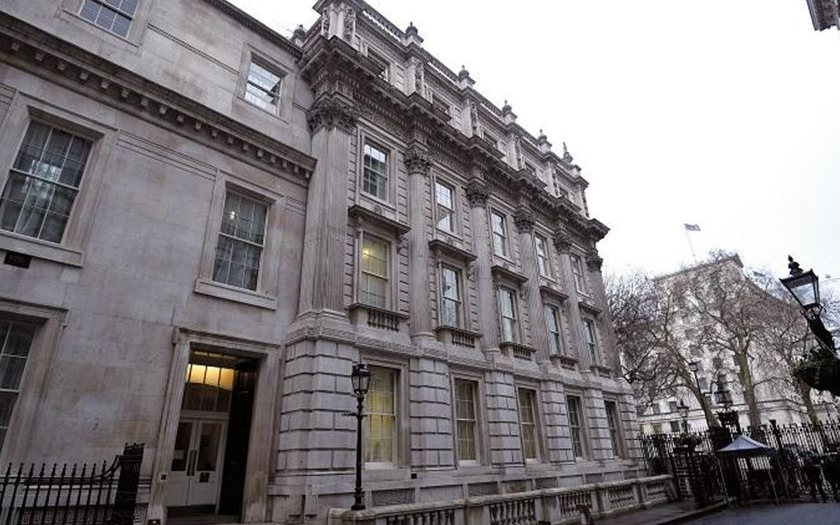Public bodies must improve how they work with construction firms to build necessary infrastructure
By Chris Wheal
August 20, 2024

Many firms have little or no work from public funded construction projects.
Half of all Irish construction companies have no or low involvement in public infrastructure projects and many don’t want to because of the headaches caused by town hall and government bureaucrats.
A survey carried out by the Construction Industry Federation found 48% of firms have no or few public sector contracts, with the figure expected to rise to 49% this year. The survey also showed that for 69% of contractors, public works contracts make up less than 50% of annual turnover.
The top concerns among construction firms about taking up public works contracts included too much bureaucracy, administrative burden, low margins and lowest price awarded over quality.
Cheap and nasty
Some 85% of companies believe that public infrastructure projects are awarded to the lowest price bid, with just 12% believing that quality of work is a primary factor. The companies blamed:
· Too much bureaucracy
· Administrative burden
· Margin on public works contracts too low
· Lowest price award criteria
· Cost of tendering
· Pre-qualification questionnaire criteria are onerous
· Delays in the awards of tenders
· Impact of cost increases during validity period
· Too long to complete
· Lack of collaboration
· Cancellation of tenders
· Lack of dispute resolution procedures
· No contra proferentem rule (a contract law rule that ensures any ambiguous term is held against the drafter of the contract)
· Other
The great construction rip-off
Many of the firms that do have public sector contracts complained they were being ripped off. The survey of 221 companies also found that 58% of contractors have been expected to take on the financial risk for a project when inaccurate, incomplete background information has been provided by the contracting authority.
The details are staggering, as the CIF’s more specific questions showed. Some 75% said the public body had benefited from providing the construction firm with inaccurate and/or inconsistent background information.
The CIF asked how many times on public works contracts in the past 24 months the employer/contracting authority had benefited from providing dodgy information. The numbers are eye-watering, with only 19% losing money just once. The table below shows the answers, with nearly one in four firms losing money to incorrect information from a public body more than 10 times.
· 1 loss – 19%
· 2-3 losses – 33%
· 4-5 losses – 19%
· 6-10 losses – 5%
· 11 losses or more – 24%
Unfair and undermining
CIF director of main contracting Paul Sheridan said: “Some 75% of construction companies stated that the contracting body benefits from this because the contractor is being forced to fund the rectification of design errors made by others. This is patently unfair and undermines the contractor’s business and its employees.”
CIF was silent on whether the inaccurate information was provided deliberately or through incompetence.
Speaking about the results overall, Sheridan said: “The results of this survey are alarming, especially at a time when we need to accelerate infrastructure delivery. The government relies on construction contractors to build vital infrastructure such as water, wastewater, energy, transport and education to support public wellbeing and investment. Yet, half of construction companies are not opting to work on public infrastructure, with more attractive commercial opportunities available with private clients both domestically and internationally.
“We know that improving Ireland’s infrastructure will support investment, housing and jobs, so it is more crucial than ever that water, energy, transport, hospitals, schools and roads are built. Construction companies are eager to scale up their efforts, but they must have certainty of a pipeline of new work and that tendering for major infrastructure projects prioritises quality and efficiency over lowest cost and lengthy bureaucracy.”
Budget commitments needed
Ahead of Budget 2025, the Construction Industry Federation is urging the government to: guarantee multi-annual funding for Uisce Eireann and similar public bodies; increase quality in the award of contracts with a move away from lowest price tenders; instil better risk management and collaboration on construction projects and contracts; and reduce the administrative burden and costs of tendering for public works.
Sheridan said: “The research highlights the urgent need for further reform of public procurement and contracts in several critical areas to make public infrastructure projects more commercially viable options for construction firms. These views are shared by the EU, which has also recommended the reform of public procurement and contracts.”







.png)